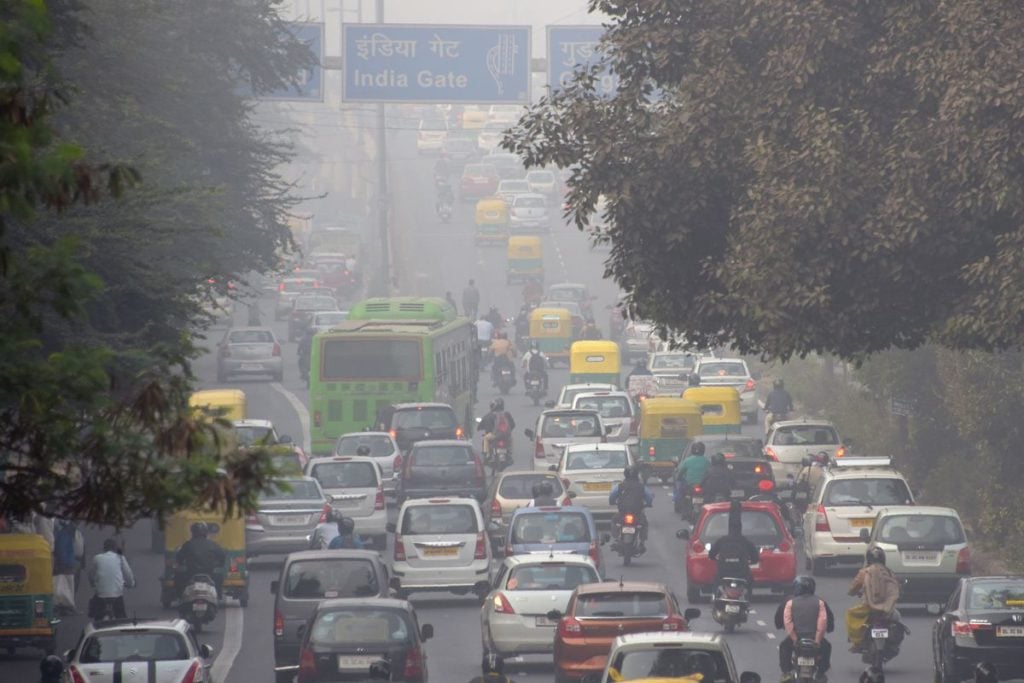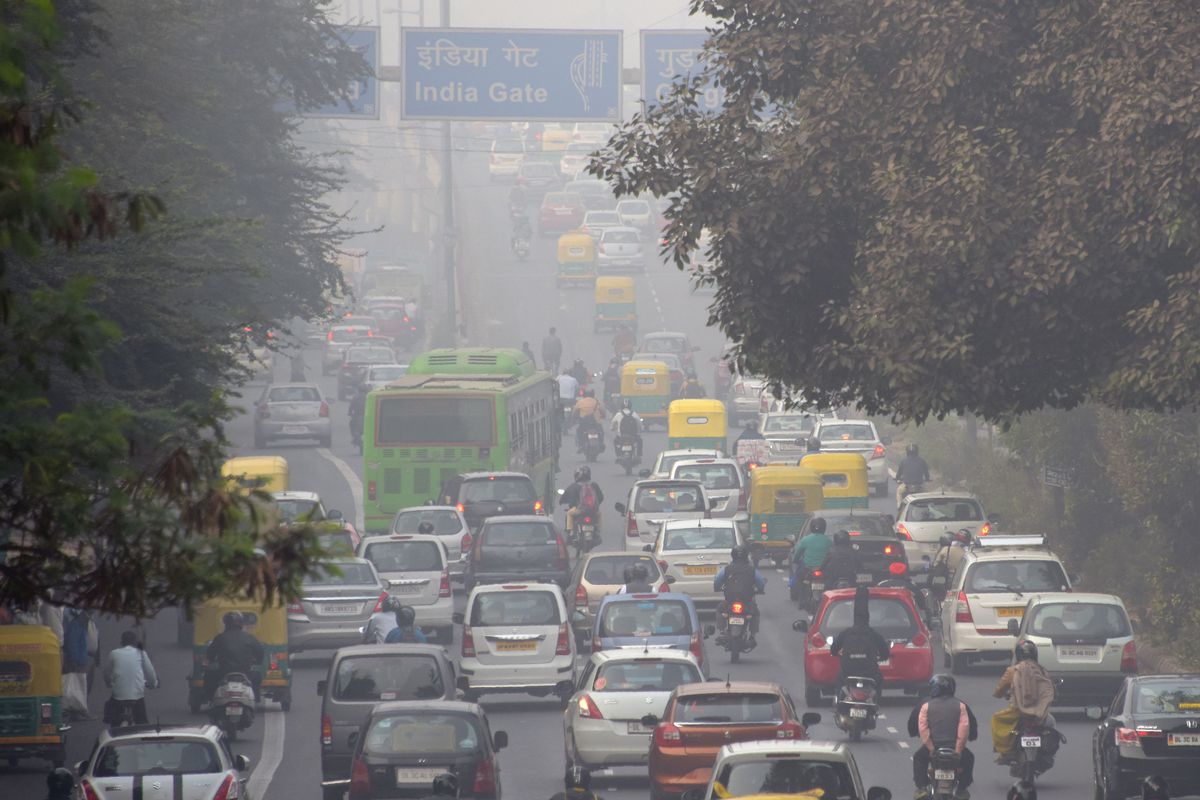The vehicle registration and re-registration charges will be higher in the coming future if the new bill gets passed. This bill focuses on promoting e-vehicles.
In a bid to promote e-mobility, the vehicle registration and re-registration charges can go up as to 400% in the near future. The new order is brought to curb the pollution levels in the country and discourage the use of conventional-powered vehicles.
Under the FAME II scheme which the government introduced, it allows a relief up to Rs 1.5 lakh for cars under 1500cc. Government has been pushing the use of electric mobility and several auto manufacturers have raised concerns since it will just steep down the sales of their vehicles.

The vehicle registration charges in India varies from 5% to 12.5% depending upon the car you’re driving. For starters, registration charges for under cars Rs 6 lakh vary from 4% to 5% for petrol and diesel cars respectively. Cars ranging from Rs 6 lakh to Rs 10 lakh, registration charge amount to 7% for petrol engines and 8.75% for diesel ones.
Also Read: Tata Tigor Electric Car Priced At Rs 9.99 Lakh
Cars costing above Rs 10 lakh levy registration charges of up to 12.5% for diesel cars and for the petrol it remains to 10%. The above registration charges are strictly related to Delhi.
To impose e-mobility, the government have also asked the manufacturers to come up with a roadmap towards an electric future within 14 days. The government’s plan suggests that all three-wheelers sold in the country should be electric by 2023, two-wheelers below 150cc to be replaced by electric till 2025 and all four wheelers sold after 2030 should be electric.
Also, the government plans to ditch the use of old vehicles since they are more prone to causing pollution. So to discourage using of such vehicles, they have proposed a plan to hike the re-registration charges. Vehicles over 15 years old, the renewal fee should be increased towards Rs 15,000 up from Rs 1,000 as seen earlier. For trucks, the renewal fees will see an increase to Rs 40,000 opposed from Rs 2,000.
The new plan also involves reducing the goods and services tax (GST) to a mere 5% from 12%. The plan also saw that electric buses playing in the city should be exempted from the GST charges and reduced EV charger rates to 12% from 18%.
Also Read: BMW Fastens The Process Of Electric Vehicles By 2 Years
Prateek Jain, National Leader, Indirect Taxes, PwC expresses his opinions on EVs and said, “A reduction in the GST rate on EVs would incentivise global players to set up their manufacturing facilities in India and is also in line with the phased manufacturing programme of the government,”
Currently, Mahindra is the only Indian manufacturer to provide electric vehicle to the private buyers. The car e20 Plus is powered by a 10.08 kWh battery which churns out 25 bhp and 70 Nm of torque.
Tata also launched its Tigor EV with a price tag of Rs 9.99 lakh (ex-showroom, Delhi). However, this current car is not available to the private buyers and only available to the commercial fleet.


